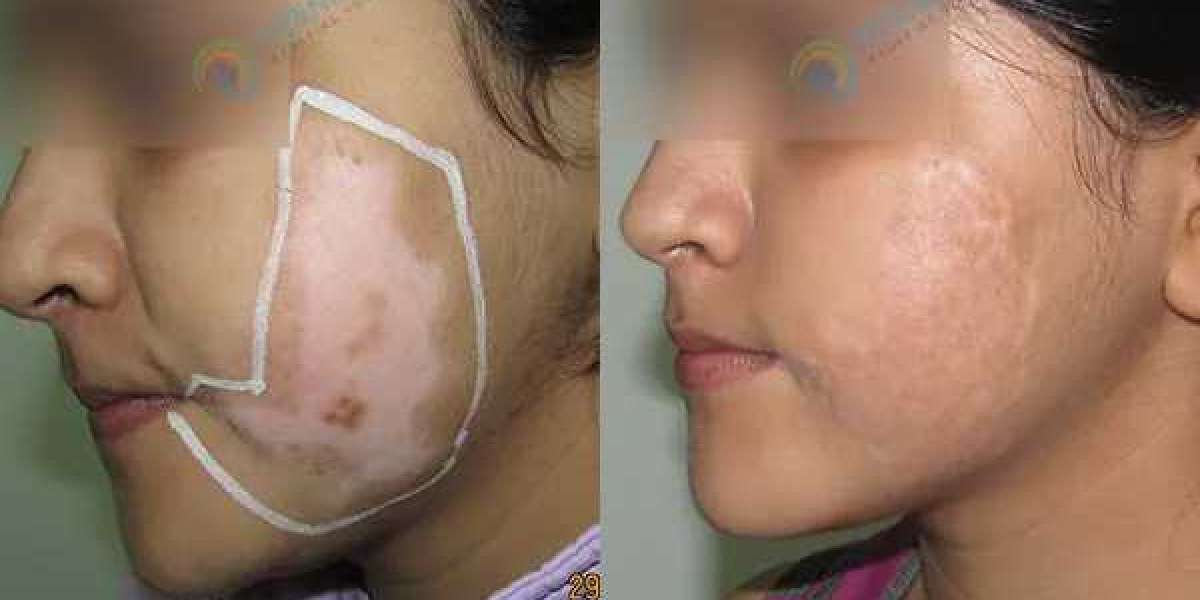Common Causes
Physical factors:
Cardiovascular problems (e.g., high blood pressure, atherosclerosis, heart disease)
Diabetes (can damage blood vessels and nerves)
Hormonal imbalances (low testosterone, thyroid issues)
Obesity and metabolic syndrome
Neurological disorders (multiple sclerosis, Parkinson’s disease, spinal cord injury)
Medication side effects (certain blood pressure meds, antidepressants, antihistamines)
Alcohol, smoking, or drug use
Psychological factors:
Stress, anxiety, depression
Relationship problems
Performance anxiety
Diagnosis
A healthcare provider may:
Take a medical and sexual history
Conduct a physical exam
Order blood tests (hormones, blood sugar, cholesterol)
Sometimes perform specialized tests like penile Doppler ultrasound
Treatment Options
Lifestyle changes: Exercise regularly, eat a heart-healthy diet, lose excess weight, quit smoking, reduce alcohol, manage stress.
Medications: PDE5 inhibitors like sildenafil (Viagra), tadalafil (Cialis), vardenafil (Levitra).
Hormone therapy: If low testosterone is confirmed.
Psychological counseling: Especially if anxiety, depression, or relationship issues are contributing.
Devices procedures: Vacuum erection devices, penile injections, or surgery (penile implants) if other treatments fail.
When to Seek Help Immediately
Sudden ED after pelvic injury or surgery
Painful erections
ED combined with other symptoms like chest pain or leg swelling
If you’d like, I can also give you a step-by-step natural improvement plan that often helps men reverse mild to moderate ED without heavy medication.







